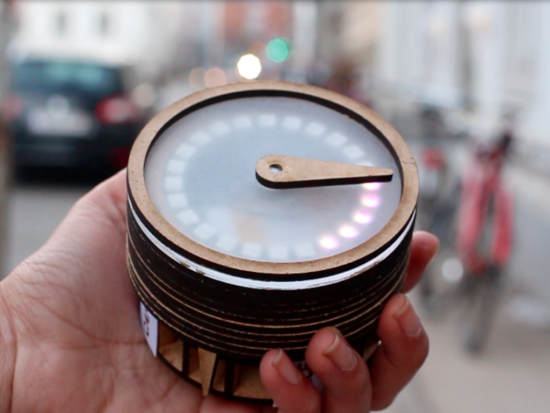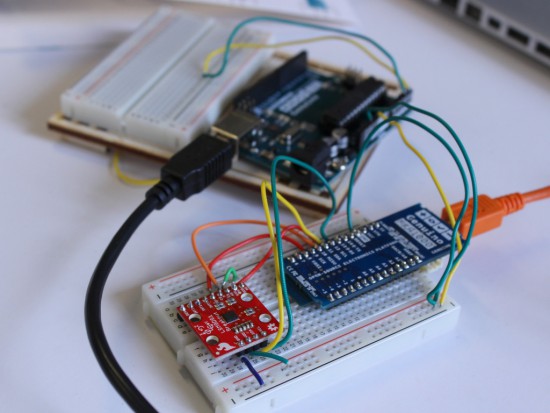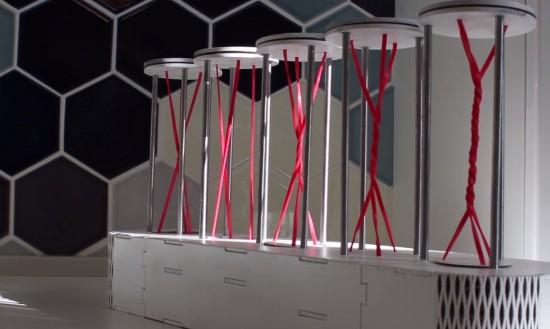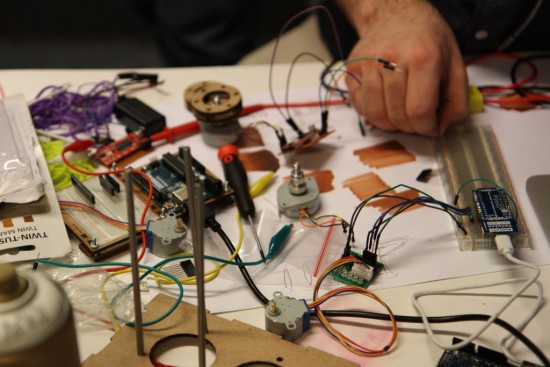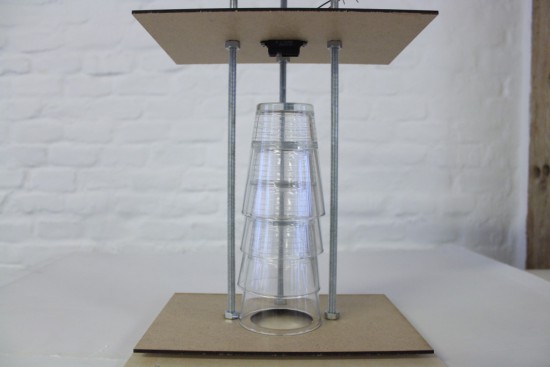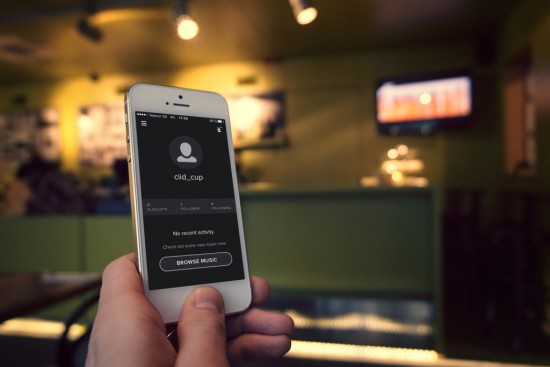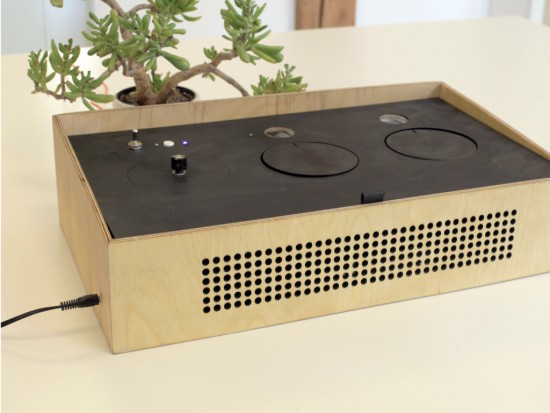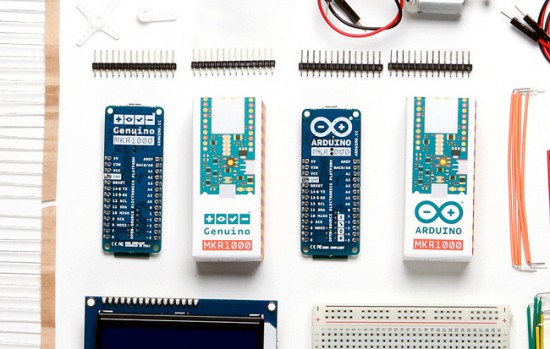This weeks ’s Instagram winner hails from Indonesia!
Genuino Day 2016 in Indonesia was organized by the local community, who submitted this winning photo of the group on Instagram. For sharing the pic below, they’ll be receiving a Genuino MKR1000 and a Genuino Mug!
A photo posted by Arduino Indonesia (@arduinoindonesia) on
There’s still time to participate in this giveaway, which runs until May 26th. Here’s how:
– Follow our official Arduino.cc account on Instagram
– Share your images on your account on Instagram using hashtag #ArduinoD16 and #GenuinoD16 and mention us with the tag @Arduino.cc
– Every Thursday, from April 7th to May 26th, we are going to choose one of your pics (posted starting April 2nd) and announce the winner of an Arduino or a Genuino MKR1000 and one of our t-shirt or mug ![]() on the blog. That’s a total of of eight lucky people! Easy enough, right?
on the blog. That’s a total of of eight lucky people! Easy enough, right?
Remember to also share cool photos relating to your favorite Arduino and Genuino moments in your community beyond Arduino and Genuino Day.
Show us your local activities!


